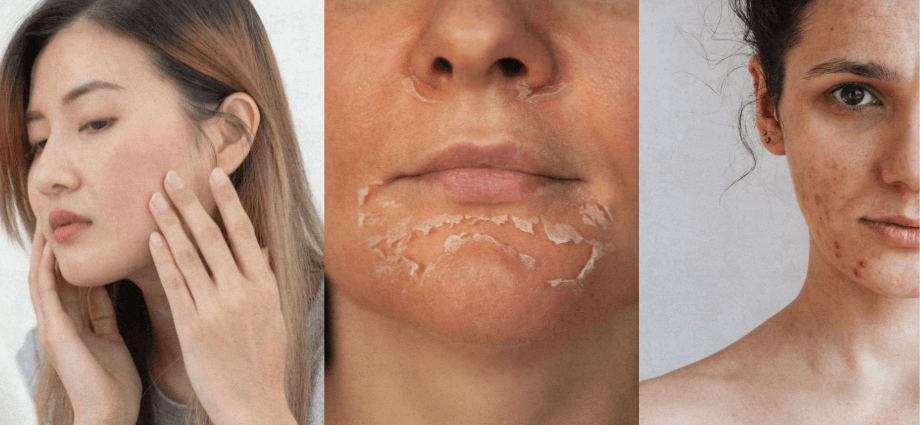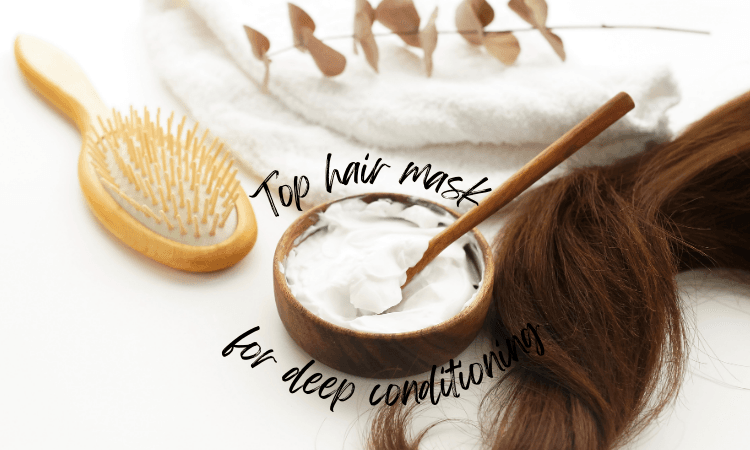Treating common skin concerns involves understanding your skin type, identifying specific issues, and applying the appropriate treatments. This guide provides essential information on how to address typical skin problems using products and brands available in the market. Following a proper skincare routine can significantly improve skin health and appearance.
Identifying Your Skin Type
Understanding your skin type is crucial for selecting the right skincare products and treatments. Each skin type has unique characteristics and needs. Knowing your skin type helps you choose products that will be most effective and avoid those that could potentially cause harm or irritation.
Understanding Different Skin Types
- Oily Skin: Shiny and greasy, prone to acne and enlarged pores. Oily skin often results from overactive sebaceous glands producing excess sebum. This can lead to clogged pores and breakouts.
- Dry Skin: Flaky and rough, often feels tight, especially after cleansing. Dry skin can be caused by a lack of moisture in the skin. This can result from environmental factors, such as cold weather or low humidity, and using harsh skincare products.
- Combination Skin: Features both oily and dry areas, typically oily in the T-zone and dry on the cheeks. Combination skin is characterized by having more than one type of skin on the face. It can be challenging to treat because you need products that address different needs.
How to Determine Your Skin Type
Blotting Paper Test: Use blotting paper on your face. If it picks up oil from all areas, you have oily skin. If only the T-zone is oily, you have combination skin. If there’s little to no oil, you have dry skin.
Observation: Assess your skin’s reaction after washing your face. Tightness indicates dryness, while a shiny appearance suggests oiliness.
Common Skin Concerns and Their Treatments
Treating skin issues effectively requires knowing their causes and the best ways to address them. Here are some common skin concerns and their treatments.

Acne
Acne is a common problem caused by clogged pores, bacteria, and excess oil production. It can be managed with proper care and suitable products.
Causes: hormonal changes, stress, diet, and genetics.
Treatments: Use products containing salicylic acid, benzoyl peroxide, or retinoids. Brands like Neutrogena Oil-Free Acne Wash and Proactiv can help.
- Salicylic Acid: Helps exfoliate the skin and clear clogged pores.
- Benzoyl Peroxide: Kills bacteria and reduces inflammation.
- Retinoids: Promote cell turnover and prevent clogged pores.
Dry Skin
Dry skin can be uncomfortable and lead to flakiness and irritation. Proper hydration is key to managing this condition.
Causes: environmental factors, aging, and harsh skincare products.
Treatments: Use hydrating products like CeraVe Moisturizing Cream and Eucerin Advanced Repair Cream. Avoid hot water and harsh soaps.
- Hyaluronic Acid: A powerful humectant that helps the skin retain moisture.
- Glycerin: Draws moisture from the air into the skin.
- Ceramides: Help restore the skin’s natural barrier and retain moisture.
Oily Skin
Oily skin can lead to acne and enlarged pores. Controlling excess oil is essential for managing this skin type.
Causes: genetics, hormonal changes, and environmental factors.
Treatments: Use oil-free and non-comedogenic products like La Roche-Posay Effaclar Purifying Foaming Gel and Cetaphil Pro Oil Absorbing Moisturizer. Incorporate products containing ingredients like salicylic acid and niacinamide to help control oil production.
- Salicylic Acid: Helps exfoliate the skin and clear clogged pores.
- Niacinamide: Helps regulate oil production and reduce inflammation.
- Clay Masks: Absorb excess oil and draw out impurities.
Sensitive Skin
Sensitive skin requires gentle care to avoid irritation and redness. Identifying triggers is essential for managing this condition.
Causes: genetics, harsh skincare products, and environmental factors.
Treatments: Use mild and hypoallergenic products like Aveeno Ultra-Calming Foaming Cleanser and Vanicream Moisturizing Cream. Avoid fragrances and alcohol-based products. Look for products with soothing ingredients like chamomile and aloe vera.
- Chamomile: Has anti-inflammatory properties that help soothe the skin.
- Aloe Vera: Provides hydration and has calming effects.
- Colloidal Oatmeal: Helps soothe and protect the skin.
Preventative Measures and Daily Routine
A consistent skincare routine and healthy lifestyle can prevent many skin problems and maintain overall skin health.
Daily Skincare Routine
- Cleanser: Use a gentle cleanser to remove dirt and oil. Choose a cleanser suitable for your skin type to avoid stripping the skin of its natural oils.
- Toner: Apply a toner to balance the skin’s pH levels. Look for alcohol-free toners with soothing ingredients like witch hazel and rose water.
- Moisturizer: Use a suitable moisturizer for your skin type. Hydration is essential for all skin types, including oily skin.
- Sunscreen: Apply SPF daily to protect against UV damage. Sunscreen is crucial for preventing premature aging and reducing the risk of skin cancer.
Lifestyle Tips
Diet: Eat a balanced diet rich in fruits, vegetables, and healthy fats. Foods high in antioxidants, such as berries and leafy greens, can promote healthy skin.
Hydration: Drink plenty of water to keep your skin hydrated. Aim for at least 8 glasses of water a day to maintain skin elasticity and prevent dryness.
Sleep: Ensure you get enough rest to allow your skin to repair. Aim for 7-9 hours of sleep each night to support skin regeneration and reduce the appearance of dark circles and puffiness.
When to Seek Professional Help
Sometimes, professional intervention is necessary to manage skin concerns effectively.
Signs You Need a Dermatologist
Persistent acne that doesn’t respond to over-the-counter treatments. Severe acne can cause scarring and emotional distress, and professional help may be needed.
Severe dryness or sensitivity causing discomfort. If your skin is constantly dry or irritated, a dermatologist can help identify underlying causes and recommend appropriate treatments.
Unexplained changes in skin texture or color. Sudden changes in your skin’s appearance, such as dark spots or rough patches, may indicate a more serious condition that requires medical attention.
What to Expect During a Visit
Consultation: The dermatologist will examine your skin and discuss your concerns. Be prepared to provide information about your skincare routine, medical history, and any symptoms you’re experiencing.
Treatment Plan: They may prescribe medications, recommend specific products, or suggest procedures like chemical peels or laser therapy. Follow-up appointments may be necessary to monitor progress and make adjustments to the treatment plan.
Conclusion
Properly identifying and treating common skin concerns can lead to healthier, clearer skin. Establishing a consistent skincare routine, choosing the right products, and making lifestyle adjustments are crucial steps. Don’t hesitate to seek professional help when needed to ensure your skin remains in optimal condition. By understanding your skin type and addressing its specific needs, you can achieve the radiant complexion you desire.




